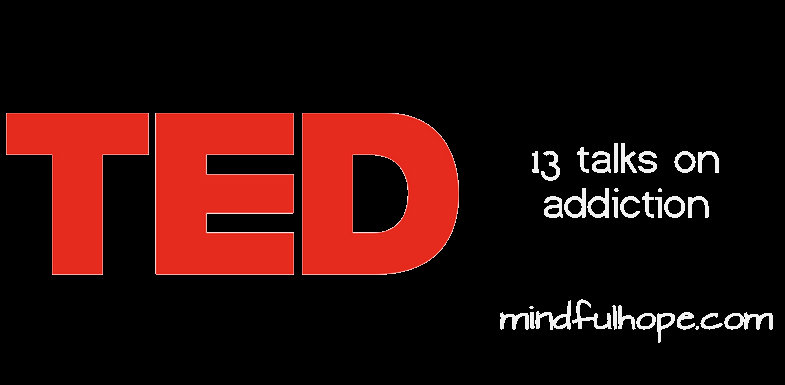The following TED Talks on addiction are hopeful and inspiring. I compiled this list as these talks are my ‘must watch’ as they relate to our modern understanding of addiction (in the age of brain science). They will educate and assist in destigmatizing addiction. Whether you yourself are struggling or you have loved ones with addictions these videos will help you move forward in your love for yourself and others. Enjoy, and share widely.
1. Johann Hari, “Everything you think you know about addiction is wrong”.
What really causes addiction — to everything from cocaine to smart-phones? And how can we overcome it? Johann Hari has seen our current methods fail firsthand, as he has watched loved ones struggle to manage their addictions. He started to wonder why we treat addicts the way we do — and if there might be a better way. As he shares in this deeply personal talk, his questions took him around the world, and unearthed some surprising and hopeful ways of thinking about an age-old problem.
2. Ethan Nadelmann, “Why we need to end the War on Drugs”.
Is the War on Drugs doing more harm than good? In a bold talk, drug policy reformist Ethan Nadelmann makes an impassioned plea to end the “backward, heartless, disastrous” movement to stamp out the drug trade. He gives two big reasons we should focus on intelligent regulation instead.
3. Nadine Burke, “How childhood trauma affects health across a lifetime”
Childhood trauma isn’t something you just get over as you grow up. Pediatrician Nadine Burke Harris explains that the repeated stress of abuse, neglect and parents struggling with mental health or substance abuse issues has real, tangible effects on the development of the brain. This unfolds across a lifetime, to the point where those who’ve experienced high levels of trauma are at triple the risk for heart disease and lung cancer. An impassioned plea for pediatric medicine to confront the prevention and treatment of trauma, head-on.
4. Brene Brown, “The Power of Vulnerability”
Brené Brown studies human connection — our ability to empathize, belong, love. In a poignant, funny talk at TEDxHouston, she shares a deep insight from her research, one that sent her on a personal quest to know herself as well as to understand humanity. A talk to share.
5. Gretchen Rubin, “The 4 Ways to Successfully Adopt New Habits”
When someone (even yourself) gives you a rule to follow what do you do? Are you a Rebel, refusing to follow all directives? Or are you more of an Obliger who will respond to outer rules, but so much to inner rules? In this 99U talk, bestselling author Gretchen Rubin shares the four personality types when it comes to adopting new habits or “rules.” Knowing your personality type and its pros and cons are instrumental to adopting new habits and behavior
6. Gabor Mate, “The power of addiction and the addiction of power.”
Canadian physician Gabor Maté is a specialist in terminal illnesses, chemical dependents, and HIV positive patients. Dr. Maté is a renowned author of books and columnist known for his knowledge about attention deficit disorder, stress, chronic illness and parental relations. His theme at TEDxRio+20 was addiction — from drugs to power. From the lack of love to the desire to escape oneself, from susceptibility of the being to interior power — nothing escapes. And he risks a generic and generous prescription: “Find your nature and be nice to yourself.”
7. Judson Brewer, “A simple way to break a bad habit”.
Can we break bad habits by being more curious about them? Psychiatrist Judson Brewer studies the relationship between mindfulness and addiction — from smoking to overeating to all those other things we do even though we know they’re bad for us. Learn more about the mechanism of habit development and discover a simple but profound tactic that might help you beat your next urge to smoke, snack or check a text while driving.
8. Helen Fisher, “The Brain in Love”
Why do we crave love so much, even to the point that we would die for it? To learn more about our very real, very physical need for romantic love, Helen Fisher and her research team took MRIs of people in love — and people who had just been dumped.
9. John Rigg, “The effect of trauma on the brain and how it affects behaviors”.
In his work with trauma patients, Dr. Rigg has observed how the brain is constantly reacting to sensory information, generating non-thinking reactions before our intelligent individual human brains are able to process the event and formulate a self-driven response.
10. Raj Mehta, “Addiction 101”
Having combated addiction first hand, Raj discusses the impact that addiction has on individuals, families, communities and countries. He challenges us to rethink addiction and reform our government’s policies.
11. Caroline Leaf, “Science of Thought”
Dr. Caroline Leaf describes her “Science of Thought” process and how she developed tools and processes that help people develop and change their thinking and subsequent behavior. Dr. Caroline Leaf studies the mind-brain connection and she is a cognitive neuroscientist with a PhD in Communication Pathology specializing in Neuropsychology.
12. Dr. Pam Peeke, “Hooked, Hacked, Hijacked: Reclaim your brain from addictive living”
Dr. Pamela Peeke is an internationally renowned physician, scientist and expert in the fields of nutrition, metabolism, stress and fitness. Triathlete and marathoner, Dr. Peeke is nationally known as the “doc who walks the talk” inspiring through example. Dr. Peeke is the lifestyle expert for WebMD’s 90 million members, and a regular blogger on cutting edge science in health and wellness. Presently, Dr. Peeke is Senior Science Advisor to Elements Behavioral Health, the nation’s most preeminent network of eating disorders and addiction centers. Her current research focuses on how addictive behaviors have subtly and often profoundly penetrated daily lifestyle habits
13. Markus Heilig, “Addiction in the Age of Brain Science.”
The talk presents how a new science of addiction is emerging, and opening up for new methods for effective treatmernt. The basic mechanisms behind the devopment of addiction. Contributions from brain science. Impact from stress and social exclusion. . The genetic and epigenetic components. Findings from neuroscience. Influence from social and cultural environment. Experience from different approaches to treatment.
Daniel is a project & peer coordinator for the Langley Community Action Table and Overdose Response Project. He is a passionate public speaker who shares his story of addiction & recovery, advocates for drug policy change, and a greater understanding and compassion for those who use substances and suffer from addiction.


2 thoughts on “13 Brilliant TED Talks on addiction, recovery, trauma & healing.”